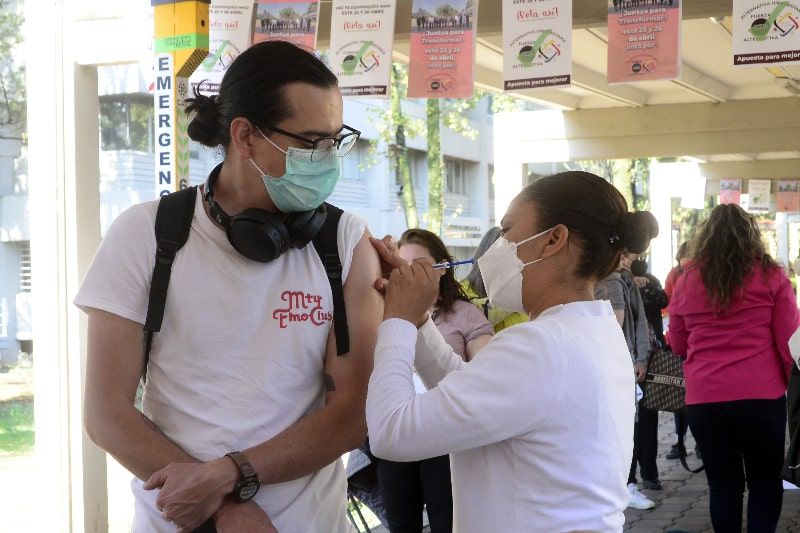How Mexico's Covid-19 Saga Unraveled and Ended
Delve into Mexico's rollercoaster battle with Covid-19, from its controversial beginnings to the recent end of the emergency. Explore the impacts, controversies, and milestones in this article.

The Covid-19 pandemic in Mexico has been marked by controversy, quirky statements, and a rollercoaster of events. From the first case detection to the recent declaration of the end of the emergency, Mexico has experienced a tumultuous journey. Let's take a closer look at the key moments and impacts of this unprecedented crisis.
Patient Zero and Early Controversies
On February 27, 2020, Mexico detected its first Covid-19 case at the National Institute of Respiratory Diseases. Although the individual had mild symptoms, they were isolated in the hospital for observation, according to the Ssa (Secretariat of Health). The following day, President Andrés Manuel López Obrador confirmed the first imported case, a 35-year-old man with a travel history to Italy, during his morning conference. However, in a rather controversial statement, he downplayed the severity of the virus, stating that it was not something terrible or fatal, even comparing it to influenza.




